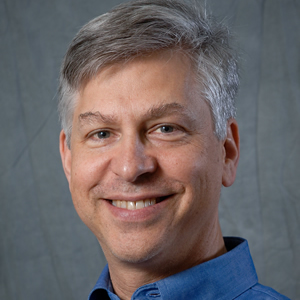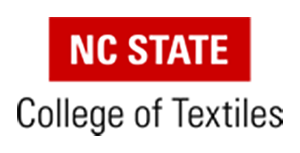May 09 - Open Source And Drupal
2019-05-02Topic: Open Source and Drupal.
Presenters: Chris Russo
When: Thursday, 09 May 2019 - 6:45pm to 9:00pm
Where: NCSU College of Textiles, 1020 Main Campus Dr., Room 2207
Parking: Underground parking deck immediately adjacent to the building (see map)
Map: Google Maps
Video:
Meetup: https://www.meetup.com/trilug/events/zmzvnqyzhbmb/
Summary
Those of us who work (and play) in the open source software world tend to think of contributing back to open source software as something highly desirable to do. It's practically a given for most professionals that we should do it as users of open source software. Ideals of democracy, decentralization, volunteerism, and altruism are genuine motives for many of those who contribute to open source software.
In the best-case scenario, an open source project is comprised of a virtuous, reciprocal community in which participants donate their time to improve a tool that is freely available to all people. However, this scenario doesn't always sync with how open source really works in the wild.
And, what does it require to meaningfully contribute to open source projects? Should open source contribution be an expectation of organizations that use open source software and those who they employ?
As skilled, designers, project managers, engineers, et al, are open source contributions the most impactful way to spend our precious, valuable, voluntary time, or are there alternatives we should consider as individuals and organizations who benefit from using open source tools?
We'll use the Drupal open source community as a lens to explore the broader world of open source contributions and how volunteer individuals and commercial stakeholders fit in.
Spoiler alert: it's all gray, though strong opinions will be shared and expected to be challenged!.
Bio
Chris made his first foray into open source software development when he was 11-years old, creating a website on geocities.com (young people won't know what this is). He moved to the Triangle from Boston, MA in 2010 and shortly after that started a web consulting business AND a bicycle-powered organics recycling service called Tilthy Rich Composti. Rooted in his passion for the environment and justice (a skosh above his love to write in the third person), bicycles transcend much of Chris's professional and personal life. Whether it be a 4-month ride across the U.S.A in 2008i, biking from Boston to Washington to participate in civil disobedience at the White House to protest the Keystone XL Pipeline, leading a i100,000+ member bicycle/hospitality focused global nonprofiti through a challenging transition, or simply riding into the Savas Labs office in downtown Durham each day where he leads the team as the CEO, you're likely to find Chris on or near his bike. Wave to him; he's friendly. Chris constantly schemes on how to use his resources to be a force for positive change. He'd love and needs your help!
Sponsor
TriLUG Members




